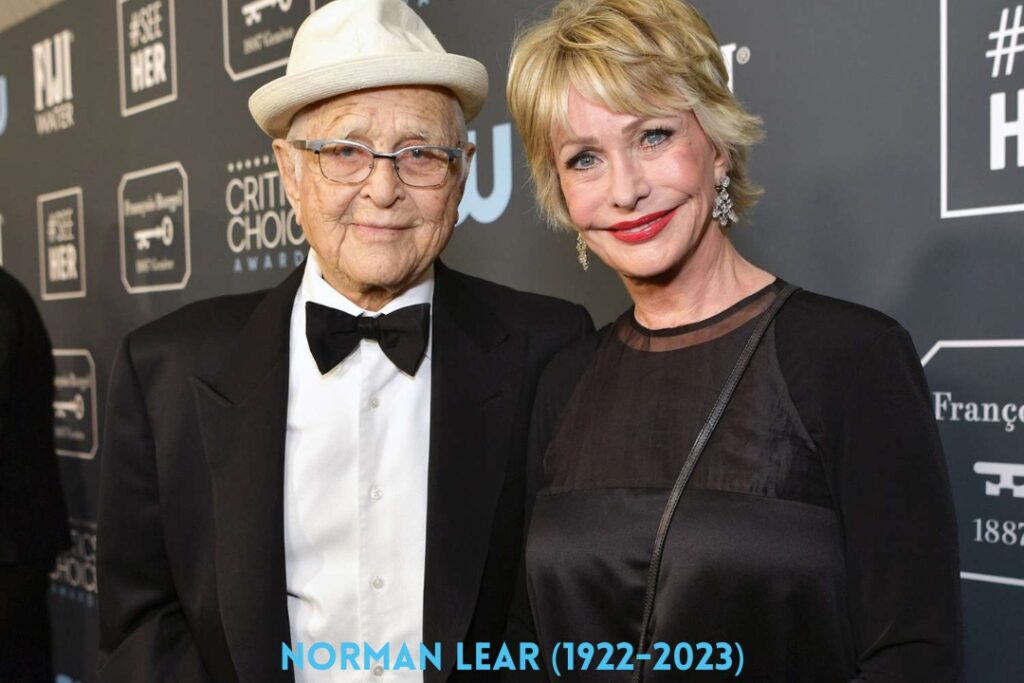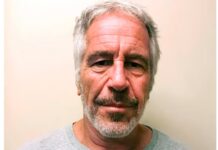The passing of Norman Lear left Rob Reiner, the acclaimed director, profoundly saddened. Their connection ran deep—Lear had been like a second father to Reiner since they first met when Reiner was just eight years old. Lear’s departure struck a poignant note as it coincided with a resurgence of societal issues he had endeavored to address through his groundbreaking television shows—issues of intolerance and bigotry.
Rob Reiner Mourns Norman Lear:
Reiner, speaking in a phone interview on Wednesday, shared Lear’s disbelief at the current state of America. “This is not the America that I grew up in and that we fought for to preserve,” Lear often lamented. According to Reiner, Lear perceived a shift, an unsettling departure from the foundational principles the country stood for.
Their conversations often paralleled the situation’s absurdity, drawing a comparison to “Alice in Wonderland,” Reiner recounted. The impact of Lear’s work, notably the iconic sitcom “All in the Family,” resonated deeply. Reiner, who won two Emmy Awards for portraying the liberal Michael, son-in-law to the prejudiced Archie Bunker, reflected on the show’s era of shared viewership—an era when communal experiences transcended the limited TV landscape.

“In the 1970s, among around 200 million Americans, 40-45 million tuned in each week,” Reiner noted. The absence of digital recording options fostered shared experiences that encouraged dialogue on the thorniest topics tackled by “All in the Family,” from racism to abortion and gun rights. These contentious issues became nationwide discussions, fostering understanding and disagreement in equal measure.
Read More: UNLV Shooting Leaves 3 Dead, Suspect Killed by Police
Norman Lear’s inspiration from George Bernard Shaw’s play, “Major Barbara,” influenced his approach. Reiner highlighted Lear’s aim to present conflicting perspectives, akin to Shaw’s neutral portrayal of pro-war and anti-war arguments. The dynamic between Archie and Michael mirrored Lear’s desire to spark discussion by showcasing opposing viewpoints.
Reiner acknowledged that such an approach might find a different traction today. Norman Lear bravely depicted the unfiltered reality of racism, a move that would likely face cancellation in current times. Lear challenged audiences to confront uncomfortable truths, urging introspection and contributing to the show’s depth and impact.

Norman Lear’s convictions were deeply rooted in his experiences, having flown numerous missions during World War II. His disdain for former President Donald Trump’s politics stemmed from his firm stand against authoritarianism, as expressed in his writings.
Reiner dismissed comparisons between Trump and Archie Bunker, emphasizing Bunker’s capacity for discourse and inherent decency. Contrasting that with today’s landscape, Reiner highlighted the stark difference in approachability between the characters.
Reflecting on Norman Lear’s legacy, Reiner emphasized Lear’s unwavering hope for a better America. Lear’s commitment to demystifying complex subjects and utilizing his celebrity for positive change left an indelible mark. “He showed me the way,” Reiner expressed, acknowledging Lear’s influential guidance.
Lear’s unwavering optimism and dedication moved Reiner to America’s principles. “He’d always had hope,” Reiner reflected. He was a man who cared deeply about his nation and wanted it to thrive and become a more perfect union. Lear’s legacy will be remembered as a light of social criticism, television innovation, and an unwavering quest for a brighter tomorrow for America.






[…] Read More: Norman Lear Died at 101: A Legacy of TV, and Hope for a Better America […]